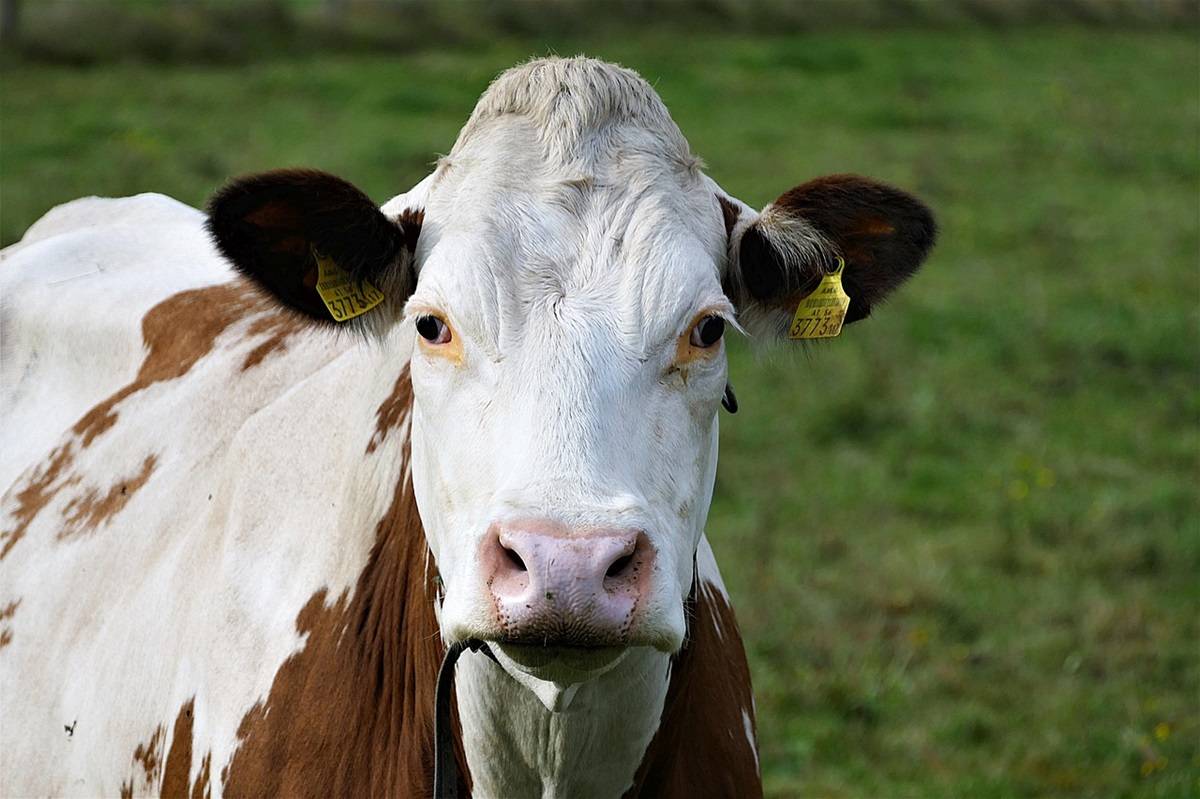
In a rapidly warming world, researchers are turning their attention to an unexpected ally in the fight against food insecurity: sweaty cows. While they may not seem like the most thrilling of subjects, these heat-tolerant cattle could play a crucial role in maintaining food supplies as global temperatures rise.
The study titled "Exploring Genetic Control of Sweat Gland Characteristics in Beef Cattle for Improved Heat Tolerance" was recently published in the Journal of Animal Science and Biotechnology, revealing significant findings.
The challenge is straightforward but significant: when cattle get too hot, their appetite decreases, impacting their health, growth, and the food supply derived from them. If cows experience prolonged discomfort due to heat, they may also become less inclined to breed, further exacerbating food security concerns.
Raluca Mateescu, a professor at the University of Florida Institute of Food and Agricultural Sciences (UF/IFAS) in the department of animal science, explains, "When cattle are too hot, they tend to stop eating. This affects their health and growth and threatens the longevity of the food supply coming from that herd."
As climate change continues to extend and intensify summer heat, it becomes increasingly challenging to raise cattle. Heat affects not only their growth but also their reproductive capabilities, making it essential to breed cattle that are better adapted to these conditions. Mateescu notes that cows eliminate about 85% of their body heat through sweating.
In subtropical regions, where temperatures are among the hottest globally, heat stress has a profound impact on beef production. Mateescu highlights that approximately $369 million is lost annually in beef production due to reduced performance from heat stress in the United States alone. "Heat stress is the main threat to food security. Under heat stress, the growth, production, and reproduction of cattle are affected," she states.
A groundbreaking study by Mateescu and her colleagues, indicates that it's possible to identify genes within cattle breeds that contribute to heat tolerance through sweating. The research focuses on Brangus cattle (American hybrid breed of beef cattle), a crossbreed of Brahman and Angus, revealing significant variation in sweating ability even within the same breed.
By selecting cattle based on their genetic predisposition to sweat more, farmers could develop herds better suited to withstand hotter climates. Mateescu emphasizes the importance of this approach: "Unless we’re doing something to affect the ability of our cattle to thrive in heat stress conditions, they are not going to reproduce, so there’s a food security concern there."
The study involved 2,401 Brangus cattle from two commercial ranches in Florida. Researchers used skin biopsies to examine phenotypes related to heat stress management, such as sweat-gland area, depth, and length. They genotyped all the animals and utilized software to estimate genetic parameters, discovering that a moderate amount of variation in sweating ability is genetic. Both Brahman and Angus genes were found to positively influence sweating ability in Brangus cattle.
Funded by the U.S. Department of Agriculture National Institute of Food and Agriculture (USDA-NIFA), this research paves the way for breeding strategies that could secure the future of beef production in a warming world.
(Source: University of Florida)










